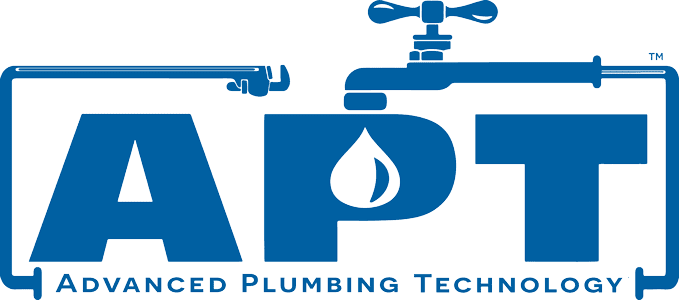Residential vs. Commercial Plumbing: Key Differences and Similarities
September 24th, 2023Posted by Brian Shoemaker
Welcome to Advanced Plumbing Technology’s comprehensive guide on the key differences and similarities between residential and commercial plumbing systems. In this article, we delve deep into the intricacies of these two plumbing domains, shedding light on their unique characteristics and shared elements. Whether you’re a homeowner, a business owner, or simply curious about plumbing systems, this guide is here to provide you with valuable insights.
Understanding the Scope
When it comes to plumbing systems, it’s important to recognize that residential and commercial setups cater to distinct needs. Residential plumbing primarily serves individual homes, apartments, and other private living spaces. On the other hand, commercial plumbing handles the intricate demands of businesses, industries, and large-scale establishments. Let’s explore the key differences and similarities between these two domains.
Design and Scale
Residential Plumbing: Residential plumbing systems are designed to accommodate the needs of a smaller number of occupants. The layout is often simpler, focusing on essential fixtures such as sinks, toilets, showers, and bathtubs. The supply lines and drainage are well-suited for the usage patterns of a family or a few residents.
Commercial Plumbing: In contrast, commercial plumbing systems are intricate due to the larger scale they serve. These systems are engineered to handle higher water demand, often incorporating complex networks of pipes, pumps, and fixtures. Restaurants, hotels, factories, and office buildings require specialized plumbing designs to ensure consistent water supply and efficient wastewater removal.
Water Pressure and Flow Rate
Residential Plumbing: Residential plumbing systems usually operate at lower water pressures and flow rates compared to their commercial counterparts. This is because the water requirements in homes are generally lower, and high pressure might lead to wastage or damage to household fixtures.
Commercial Plumbing: Commercial setups often require higher water pressures to meet the demands of multiple floors and extensive networks. Businesses need sufficient water flow to serve restrooms, kitchens, manufacturing processes, and more. Special attention is paid to maintain balanced pressure throughout the establishment.
Code and Regulation
Residential Plumbing: Residential plumbing systems are subject to local building codes and regulations that prioritize the safety and health of occupants. These codes cover aspects like pipe materials, fixture placement, and sewage disposal. Compliance is essential to ensure the well-being of residents.
Commercial Plumbing: Commercial plumbing falls under more rigorous codes and regulations due to the larger impact on public health and safety. Regulations often vary based on the type of business and its function. Compliance is vital not only to protect employees and customers but also to avoid potential legal issues.
Fixtures and Appliances
Residential Plumbing: Residential plumbing fixtures are typically standard and straightforward. They include common fixtures like toilets, sinks, bathtubs, and water heaters. The focus is on functionality, aesthetics, and water efficiency.
Commercial Plumbing: Commercial establishments require a diverse range of fixtures tailored to their specific needs. These might include industrial sinks, heavy-duty toilets, dishwashers, and specialized appliances. The durability and functionality of these fixtures are paramount.
Maintenance and Repairs
Residential Plumbing: Residential plumbing systems are usually easier to maintain and repair, primarily due to their simpler layouts. Homeowners can often address minor issues themselves or hire local plumbers for quick fixes.
Commercial Plumbing: Maintenance and repairs in commercial settings can be more complex and demanding. Regular inspections are essential to identify potential problems early and prevent disruptions to business operations. Commercial plumbers with expertise in intricate systems are often required to handle repairs.
Sustainability and Efficiency
Residential Plumbing: In recent years, there’s been a growing emphasis on water conservation and sustainability in residential plumbing. Low-flow fixtures, efficient water heaters, and smart water management systems are becoming more common.
Commercial Plumbing: Commercial businesses are also adopting sustainable practices to reduce water usage and minimize environmental impact. Water recycling, leak detection systems, and energy-efficient appliances play a crucial role in enhancing efficiency and reducing costs.
Conclusion
In conclusion, while residential and commercial plumbing share some foundational elements, they differ significantly in terms of design, scale, regulations, and maintenance. Understanding these differences is essential for homeowners, business owners, and plumbing professionals alike. At Advanced Plumbing Technology, we recognize the unique challenges posed by both residential and commercial plumbing systems. Find experts who are equipped with the knowledge and experience to address a wide range of plumbing needs, ensuring optimal functionality and peace of mind.
